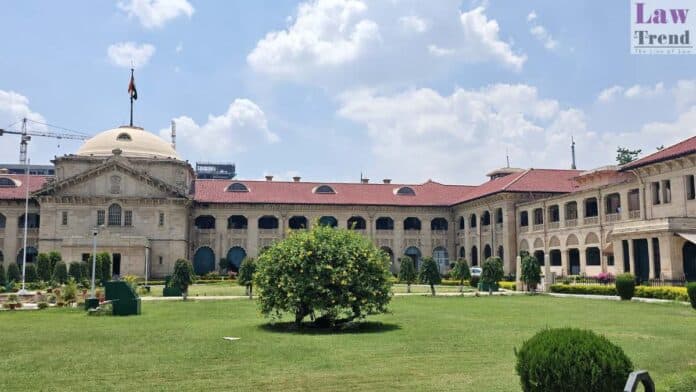In a recent ruling, the Allahabad High Court expressed grave concerns over the delays faced by rape victims in receiving timely medico-legal radiological examinations, attributing the problem largely to the acute shortage of radiologists across various districts in Uttar Pradesh.
During a hearing of a bail application related to a controversial rape case, Justice Krishan Pahal noted the uneven distribution of radiologists within the state, pointing out that while some districts, like Lucknow, are allocated as many as 78 radiologists, others are left with none. “The disproportionate posting of radiologists speaks volumes about the equitable distribution of medical resources,” Justice Pahal remarked.
The case in question involved a man accused of abducting and raping a minor. However, complexities arose when the alleged victim, initially claimed to be 13, was later determined to be 19 years old based on an ossification test—a method used to estimate age based on the maturity of bones. This revelation, suggesting she was of consenting age, highlighted significant procedural failures exacerbated by the initial unavailability of a radiologist in the girl’s district, Ballia, forcing her to travel to Varanasi. Once there, further complications occurred when local health officials refused to perform the test, citing jurisdictional issues directed by the court for the test to be conducted by a state government doctor in Ballia, not Varanasi.
The high court criticized this delay and refusal as a violation of constitutional rights, emphasizing that medical professionals should not deny necessary examinations due to jurisdictional boundaries or other non-medical reasons like caste or gender biases.
This judicial observation underscores a critical issue within the healthcare system’s administration, prompting the court to call for a structured appointment and transfer policy for government doctors to ensure that all districts have adequate medical staffing.




